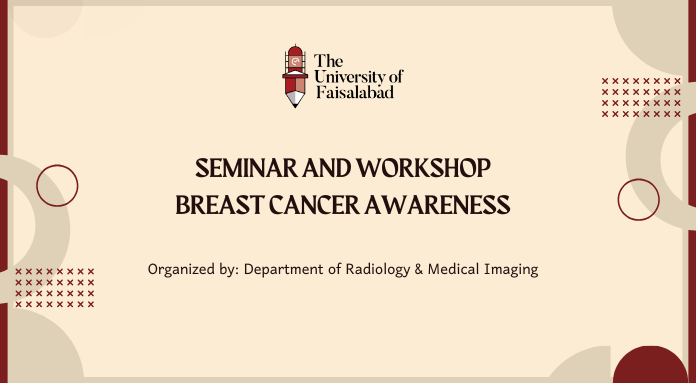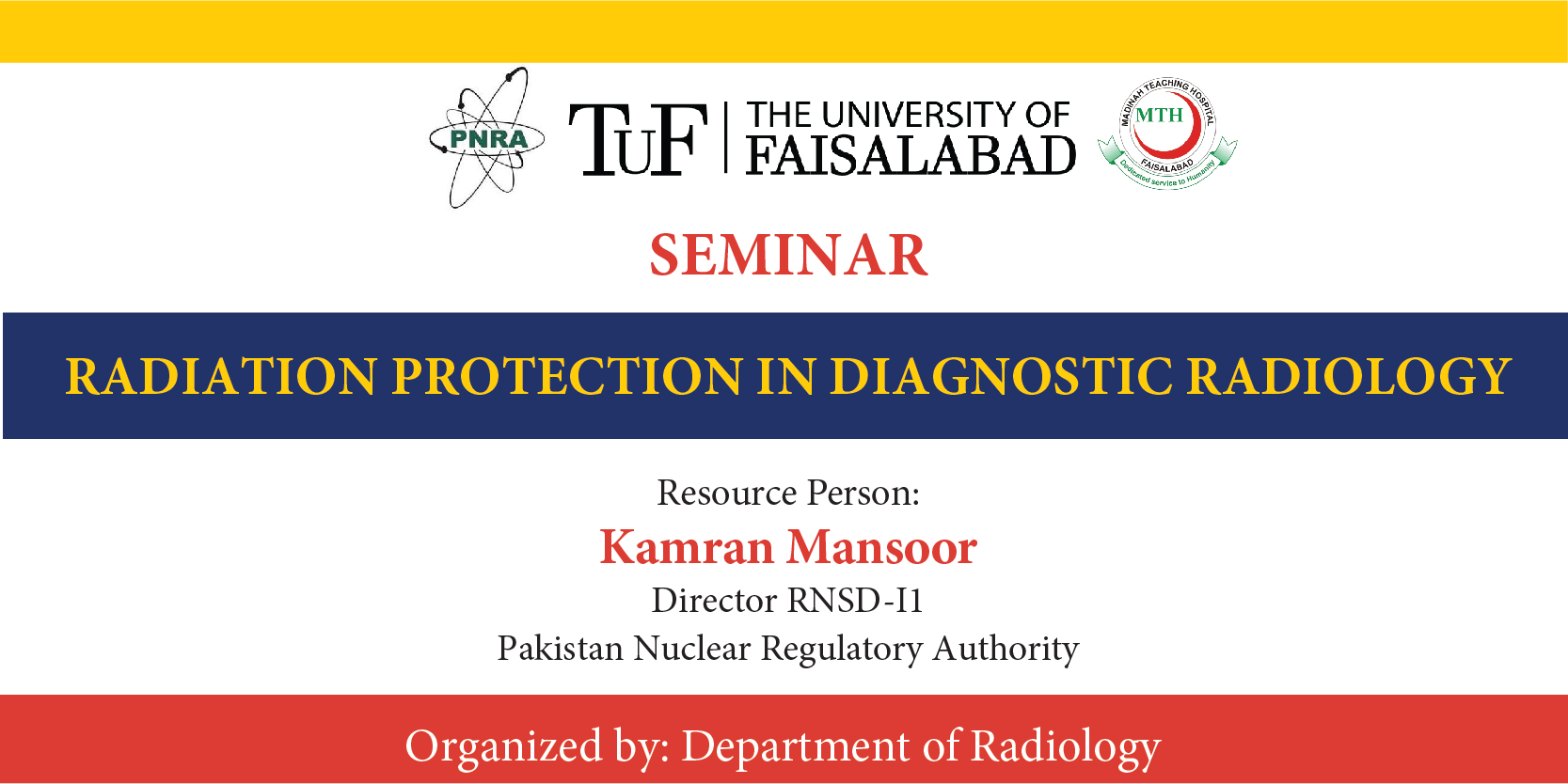
DEPARTMENT OF RADIOGRAPHY AND IMAGING SCIENCES
FACULTY OF MEDICINE & ALLIED HEALTH SCIENCES
VISION
"To be a leading program in Medical Imaging Sciences, renowned for producing skilled professionals equipped with cutting-edge knowledge and expertise to revolutionize healthcare through advanced imaging technologies."
MISSION
"Our mission is to provide a comprehensive and innovative educational experience in Medical Imaging Sciences, blending theoretical knowledge with practical skills. We aim to empower our students with a strong foundation in medical imaging principles, technological proficiency, critical thinking abilities, and ethical values. Through rigorous academic curriculum, hands-on training, and research opportunities, we strive to prepare our graduates to excel as competent and compassionate imaging professionals, dedicated to enhancing patient care, advancing medical imaging technologies, and contributing positively to the healthcare community."
OBJECTIVE:
The BSMIS program mission is supported by the following program goals and objectives:
- This program will provide high-quality education which will prepare graduates to provide full-scope radiological services in an ethical and professional manner by professionally skilled instructors.
- The professional radiological scientist will learn to understand when and which imaging studies are indicated for emergency, urgent or routine patient care and the appropriate time interval between such studies.
- Graduates will learn to assess, apply, and assimilate investigative knowledge to improve patient care.
- Graduates will exhibit a high level of professionalism and compassion in providing care to patients undergoing medical imaging procedures, ensuring their comfort, safety, and well-being throughout the process.
- The program is committed to providing research experiences for radiological scientists so that they can contribute to the advancement of radiology.
FUTURE OUTCOMES:
By the end of the program, BSMIS students will be able to understand:
- Basics of medical imaging studies such as CT, X-RAY, Ultrasound, MRI, Fluoroscopy, Nuclear medicine, interventional radiology, Mammography, etc.
- A comprehensive understanding of techniques and a thorough knowledge of the literature, applicable to their own research.
- Originality in the application of theoretical knowledge, together with a practical understanding of how research and enquiry are used to create and interpret knowledge in respective field.
- To maintain high standards of quality assurance in medical imaging departments by ensuring equipment calibration, image quality control, and adherence to regulatory standards.
- The skills necessary to assume leadership roles within medical imaging departments, overseeing personnel, resources, and operational processes to optimize efficiency and quality of care.
ABOUT US
The Medical Imaging Sciences program in the Department of Radiology is designed to introduce students to the spectrum of diagnostic imaging modalities and their role in the clinical management of patients. It provides students with knowledge of essential radiographic anatomy and key imaging features of common diseases. The basic principles of all forms of diagnostic imaging pertaining to Thoracic, Musculoskeletal, Gastrointestinal, Genitourinary, Cardiac, Neuroradiology, Mammography, Pediatrics, Emergency Radiology, Computed Tomography, Magnetic Resonance Imaging, Ultrasound, and Interventional Radiology are provided. Students acquire interpretative skills by improving instruction and interactive teaching sessions and through the use of Web-based teaching materials. Greater depth of experience is provided by the elective internship offered at the end that emphasizes training in general Diagnostic Radiology, Angiography, Interventional Radiology, Neuroradiology, and Pediatric Radiology. In today's market, practice opportunities for Radiological scientist abound. Radiological scientists may elect to practice individually join group practices, ENGOs, centers, teach, conduct valuable research, and participate in health-care administration and practice in military and public health-care settings.
ROLE AND SCOPE:
There are plenty of opportunities for graduate students in teaching and general hospitals to perform patient assessment, patient management, fluoroscopy and other radiological procedures.
It has a wide scope, after completion you can work as a:
- Radiological assistant
- As radiological administrator
- Radiological equipment application experts
- Researches
- Lecturer
CAREER OPPORTUNITIES
-



